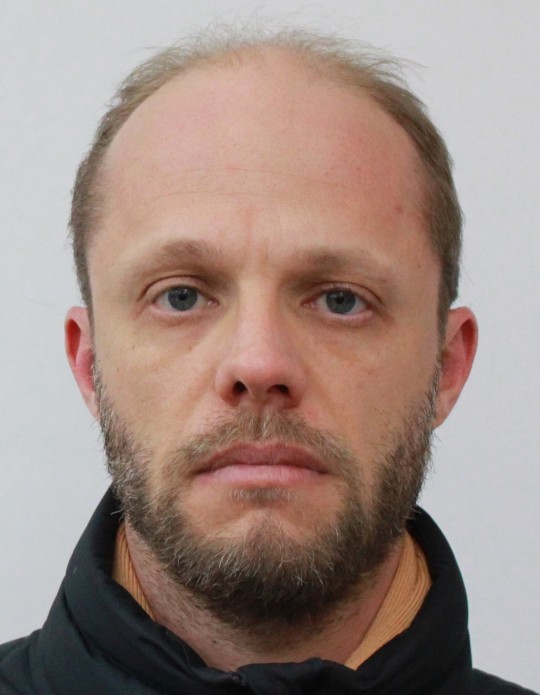- Posted on 19 Jun 2025
- 3-minute read
Last week, four Australian foreign correspondents, including Channel Nine's Lauren Tomasi, were shot at by officers from the Los Angeles Police Department (LAPD). The journalists were covering a matter of public interest: demonstrations against President Trump’s Executive Order targeting the deportation of undocumented migrants, an issue affecting 11.1 million people living without legal documentation in the United States.
While much of the commentary has focussed on the conduct of the LAPD, the wellbeing of the journalists has also been at the forefront of reporting on the issue. One aspect that hasn’t received much attention, however, is the extent to which employer media organisations have responsibility for their foreign correspondents. While this arises in the case of the LA demonstrations, it’s even more pressing in major international conflicts.
In the absence of an international convention, we can turn to Australian common law and ask what protection it offers foreign correspondents. In particular, is there a duty of care that applies?
In 1975, five foreign correspondents (the "Balibo Five") were shot at and killed by Indonesian soldiers whilst reporting on the invasion of East Timor. A subsequent inquest demonstrated that although risk is endemic to this type of work, media organisations still have a responsibility to exercise a level of care for their journalists.
In 2008, the Suffolk Coronial Court acquitted the BBC from responsibility in the murder of producer Kate Peyton in Mogadishu, Somalia. However, the Coronial Court did offer some guidance on how the media organisation could improve its practices – recommendations that hold relevance within the Australian jurisdiction. More recently, in the 2019 case of YZ v The Age, the Victorian County Court established that the media organisation ought to provide “reasonable care” to a journalist suffering from trauma.
In 2016, Channel Nine was accused of lacking adequate procedures when gathering material for a 60 Minutes program on the purported abduction of Australian children in Lebanon. In 2024, the relevant ethical frameworks for Channel Nine were again reviewed. Yet the recent eighty pages long report into Channel Nine does not mention the potential Duty of Care once.
While there is no suggestion that Nine failed its journalists in Los Angeles, broader recognition of the Duty of Care could help media organisations develop stronger protective frameworks, especially in situations where they lack the capacity to directly intervene to secure the safety of foreign correspondents. At the least, foreign correspondents should be able to rely on a common law right to request training before being deployed to high-risk environments. While major media organisations provide training to meet the threat of accidental and mistaken attack, there has been less certainty about the benefits of a Duty of Care. This is likely to be a greater issue for those working for smaller media outlets.
Ensuring that the Duty of Care is adequately recognised by all would help beleaguered foreign correspondents scrambling for protection in unsafe situations. And foreign correspondents are more likely to have added confidence and protection in the event of physically witnessing conflict if they are reassured that they have strong support at home.







